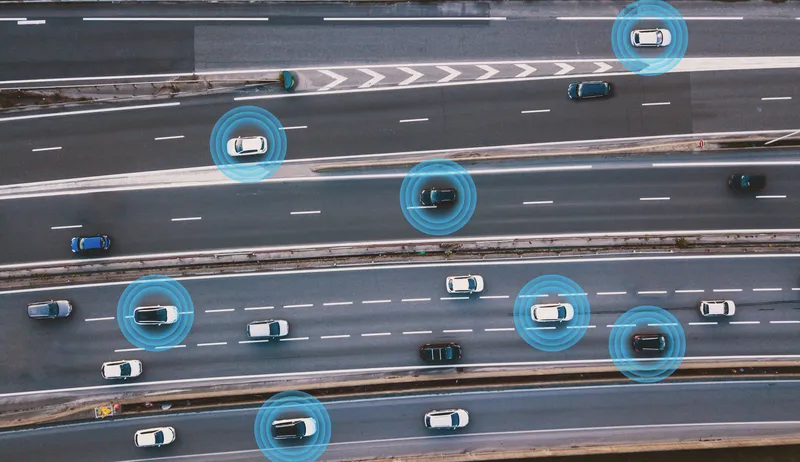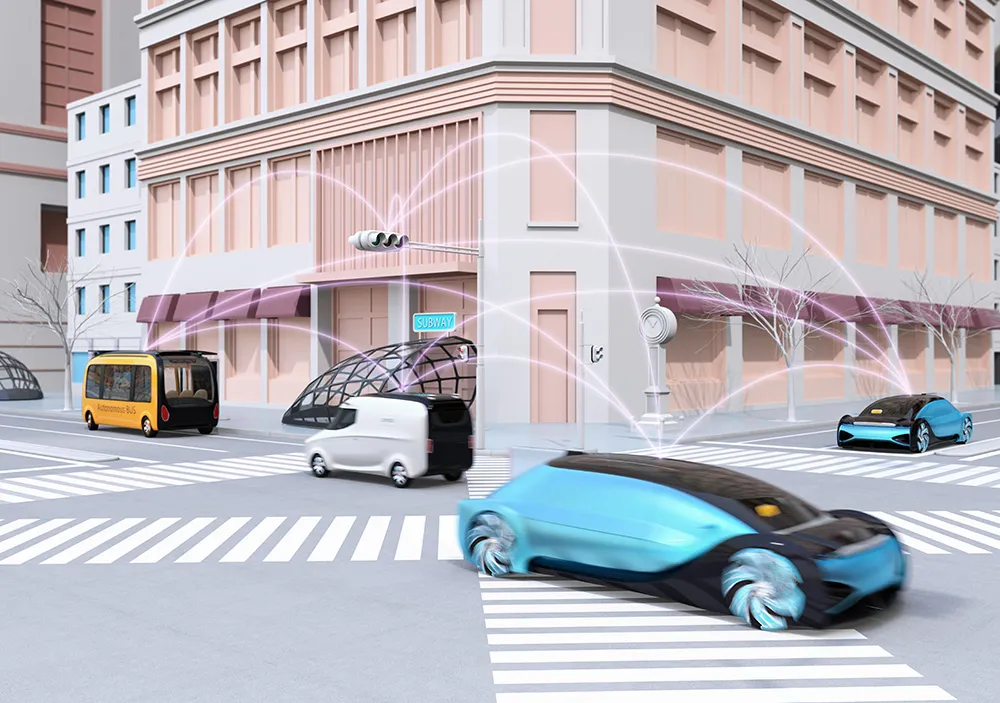The Dutch Ministry of Infrastructure and the Environment, local governments and businesses are to jointly invest US$96 million (€90 million) in the Talking Traffic Partnership up to and including 2020. The partnership with the traffic industry, telecommunications and internet companies and automotive companies aims to develop and deliver innovative traffic applications to Dutch roads in the next five years.
Participants in the Talking Traffic Partnership are Vialis, Dynniq, Swarco, Sweco, KoHartog Verke
November 21, 2016
Read time: 2 mins
The Dutch Ministry of Infrastructure and the Environment, local governments and businesses are to jointly invest US$96 million (€90 million) in the Talking Traffic Partnership up to and including 2020. The partnership with the traffic industry, telecommunications and internet companies and automotive companies aims to develop and deliver innovative traffic applications to Dutch roads in the next five years.
Participants in the Talking Traffic Partnership are Vialis,8343 Dynniq, 129 Swarco, 931 Sweco, KoHartog Verkeerstechniek, Royal HaskoningDHV, Ziut, Be-Mobile, KPN, Flitsmeister, MTVNL and Locatienet, and all authorities cooperating in the Optimising Use programme. A number of these companies work together with one or more subcontractors.
These companies are equal partners with the government in the partnership, which aims to develop applications that provide continuous en-route guidance and assistance to road users and, in the near future, to vehicles. The new applications will be seen in practice, on the road and inside vehicles, as from the summer of 2017, when the companies will start supplying road users with the new driving and travel advice technologies.
A key element of the partnership is the development of a new generation of traffic lights that can communicate continuously with approaching vehicles and cyclists, optimising traffic flows across intersections and the entire urban network.
Other proposals include the use of modern telecommunications and cloud technologies in combination with information crowdsourcing, enabling new services to offer driving support such as speed advice, advance warning of congestion and dangerous road situations, as well as navigation throughout the country and in cities.
A key component of the Talking Traffic Partnership is the exchange of information on the current road situation, prompting tailor-made, individual advice to road users. Uniformity throughout the country is key, so that road users receive similar advice wherever they are. As the Dutch national road manager, Rijkswaterstaat will actively work towards a consistent and guaranteed exchange of information together with regional road managers and participating companies to improve safety and the flow of traffic on the road.
The new technologies will be introduced step by step until 2020. The first results are expected in the summer of 2017.
Participants in the Talking Traffic Partnership are Vialis,
These companies are equal partners with the government in the partnership, which aims to develop applications that provide continuous en-route guidance and assistance to road users and, in the near future, to vehicles. The new applications will be seen in practice, on the road and inside vehicles, as from the summer of 2017, when the companies will start supplying road users with the new driving and travel advice technologies.
A key element of the partnership is the development of a new generation of traffic lights that can communicate continuously with approaching vehicles and cyclists, optimising traffic flows across intersections and the entire urban network.
Other proposals include the use of modern telecommunications and cloud technologies in combination with information crowdsourcing, enabling new services to offer driving support such as speed advice, advance warning of congestion and dangerous road situations, as well as navigation throughout the country and in cities.
A key component of the Talking Traffic Partnership is the exchange of information on the current road situation, prompting tailor-made, individual advice to road users. Uniformity throughout the country is key, so that road users receive similar advice wherever they are. As the Dutch national road manager, Rijkswaterstaat will actively work towards a consistent and guaranteed exchange of information together with regional road managers and participating companies to improve safety and the flow of traffic on the road.
The new technologies will be introduced step by step until 2020. The first results are expected in the summer of 2017.









